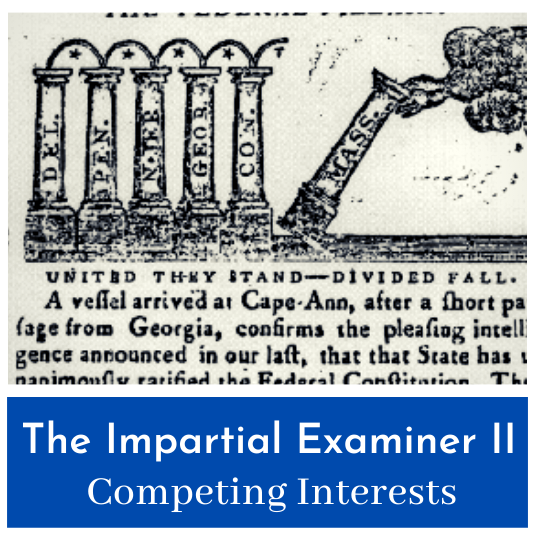Thomas Burke Escapes A British Prison Camp
Burke spent time as a Continental Congressman, saw military action, and was voted into office as the Third Governor of North Carolina.
Thomas Burke
Thomas Burke was an Irish immigrant who, despite not yet turning 20, began practicing medicine in Virginia.
When the Stamp Act was passed, Burke quickly took up the pen and began writing articles in protest. He became known for his Patriotism and, after a few years of study, changed his profession, beginning a career as a lawyer.
In 1774, just as things were heating up with the Mother Country, Burke relocated to North Carolina. The people of that colony took to the young man, who’d already proven himself able in the fields of medicine and law.
Taking the Field
Soon after arriving in North Carolina, Burke was elected to the Provinical Assembly.
After independence had been declared, Thomas was selected to represent his new State in the Continental Congress. He would spend the better part of four years in that House.
Burke’s most notable event while in Congress has little to do with running a young country or creating new laws. Instead, he is known for his willingness to fight.
When the British approached Philadelphia, most of the delegates evacuated the city.
Burke, for his part, went the other way. He joined the North Carolina militia who stood ready to protect the Phillie. Unfortunately, the fight was lost. After this, Thomas rejoined the other delegates in exile in York, PA.
The Battle of Lindley's Mill
Burke only left the Continental Congress after he received election as the Third Governor of North Carolina.
Thomas returned home and focused most of his time as Governor on supporting the State militia.
During his term as Governor, Burke was captured during a British raid of the capital at Hillsborough. His captors brought him toward South Carolina where he would be imprisoned, however, Brigadier General John Butler heard of Burke’s trouble.
Butler called together the local militia and set up an ambush on the Redcoats who had taken his Governor. What ensued was the Battle of Lindley’s Mill.
Lindley’s Mill was a loss for the Patriots, despite better positioning and smart tactical deployment. The rescue attempt for Burke was a failure and the British continued with him to South Carolina.
Prison Escape
Thomas Burke was kept prisoner on an island off the South Carolina coast. He was paroled there and given substantial freedom but was not allowed to leave.
Burke’s food and treatment were miserable. He began to fear for his life and, eventually, escaped to the mainland.
After returning to North Carolina, Burke contacted the British and let them know he still considered himself on parole. The moods of the time dictated that, because he was technically a prisoner, he could not resume his public duties.
When Thomas resumed his role as Governor, this was frowned upon by friend and foe alike. Burke had broken his word and proven to most that he was an untrustworthy character. He did not run for another term as Governor and instead retired to his home.
This was the type of setback that, with the passage of time, would often have evaporated. Burke was not so lucky. His time as a prisoner had extreme effects on his health and he passed away the following year at just 35 years old.
If you would like to read about another North Carolina Governor, check out this article:
North Carolina’s First Governor - Richard Caswell
For a new Founder every day, remember to subscribe to our email list and receive these articles right to your inbox.
While Burke does not have a biography, you can learn more about his time in ’The Road to Guilford Courthouse’.






